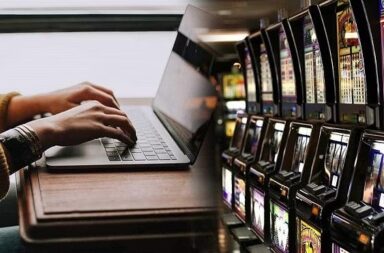Under the Remote Gambling Act (RGA), “gambling” is comprehensively characterized to incorporate wagering, gaming, and taking an interest in a lottery. The RGA characterizes “wagering” to remember the marking of cash or cash’s worth for the result of a pony race or game.
Under the Common Gaming Houses Act (CGHA), “gaming” alludes to any game including a component of possibility, or of blended possibility and ability, where players remain to pick up cash or cash of remunerations.
Games that don’t include cash (for example a basic round of mahjong between companions with no money included) don’t fall under the CGHA.
The CGHA additionally answers the question of “is online poker legal in Singapore?”; the CGHA controls public lotteries, which is characterized as a lottery to which general society or any class of general society has or may approach. A “lottery” is characterized as any game, plan, or rivalry whereby cash or cash’s worth is disseminated in a way subject to possibility, regardless of whether such a lottery is held or overseen inside or outside Singapore.
When is it Legitimate to Bet in Singapore?
Gaming in a “common gaming house” is an offense under the CGHA. A “common gaming house” incorporates any spot kept or utilized for gaming, routine gaming, and public lottery, regardless of whether people in general approach it.
In this way, regardless of whether the gambling conduct being referred to goes too far into an unlawful act relies upon whether the gambling setting is kept as a common gaming house, or a spot to be utilized for gaming.
Private gambling
While the CGHA doesn’t give a definition to private gambling, it is commonly considered as gambling in a spot to which general society might not approach (for example at home).
Private gambling establishes an offense if where such gambling is done is kept explicitly with the end goal of routine gaming as a common gaming house; such offense will be at risk for a fine up to $5,000, or to detainment for a term as long as a half year, or to both.
Gambling in broad daylight
It is unlawful to bet in any open spot. For instance, gambling at a burial service held in a void deck might be unlawful as a void deck is a public spot.
In any case, if the burial service is held in a private spot (for example leased space for occasions) to which the general population doesn’t approach, gambling there might be unlawful as long as the private spot being referred to doesn’t comprise a common gaming house (as referenced previously).
Anybody saw as liable for gaming in a public spot will be subject to a fine up to $5,000, or to detainment for a term as long as a half year, or to both. Their gaming instruments may likewise be seized and relinquished.
Putting down wagers with bookmakers
Under the Wagering Act, a bookmaker is any individual who gets or arranges wagers or bets on a money or credit premise in return for cash or cash’s worth.
Any individual who wagers or bets with a private bookmaker (otherwise called a “bookie”) in any spot or using any and all means will be liable for an offense. Wrongdoers will be obligated for a fine up to $5,000, or to detainment for a term as long as a half year, or to both.
Playing with bonanza machines
As bonanza gambling falls under the meaning of “gaming” in the CGHA, it is illicit to take an interest in big stake gambling in a common gaming house or in open except if the big stake machine is situated in a club that is allowed to work the machine.


